The landscape of the agricultural industry is undergoing a seismic shift, driven by the advent of advanced machinery for modern agriculture industrial business. As we navigate through the 21st century, the demand for increased efficiency, sustainability, and productivity has become paramount. This evolution is not just a trend but a necessary adaptation to meet the growing global food demands and environmental challenges.
The Future of Manufacturing – Role of Advanced Machinery in Modern Agriculture Industrial Business
Agricultural businesses are increasingly turning to sophisticated machinery to transform their operations. Advanced machinery for modern agriculture industrial business not only enhances productivity but also improves the precision of farming operations, from planting to harvesting. This integration of technology minimizes waste, optimizes resource use, and reduces the overall environmental footprint.
Benefits of Implementing Advanced Machinery in Agriculture
One of the pivotal advantages of utilizing advanced machinery in modern agriculture industrial business is the significant increase in crop yields. Automated planting machines ensure seeds are sown at the perfect depth and spacing, while GPS-guided tractors provide exactitude in field navigations, reducing overlaps and missed spots. This precision farming approach maximizes land usage and crop health.
Sustainability Through Technology
Sustainability is another critical aspect where advanced machinery for modern agriculture industrial business makes a significant impact. With the integration of smart irrigation systems and drones for monitoring crop health, water usage is optimized, and pest control is managed more effectively with minimal chemical usage. These technologies not only safeguard the environment but also enhance the quality of the agricultural produce.
Overcoming Challenges with Advanced Machinery
Despite the benefits, integrating advanced machinery into modern agriculture industrial business comes with its set of challenges. Initial investment costs, training for workforce adaptation, and maintenance of high-tech equipment are some of the hurdles. However, the long-term benefits, including cost savings and increased production capabilities, often outweigh these initial challenges.
Advanced Machinery and the Future of Agricultural Industries
As we look towards the future, the role of advanced machinery in modern agriculture industrial business is set to become more pivotal. Innovations like autonomous tractors, AI-driven crop management systems, and robotic harvesters are on the horizon. These advancements promise to further enhance operational efficiency and meet the increasing food demands of a growing global population.
Case Studies: Success Stories of Advanced Machinery in Agriculture
Across the globe, numerous agriculture businesses have successfully integrated advanced machinery, reaping substantial benefits. For instance, a Midwestern farm in the United States shown on our social media reported a 20% increase in soybean yield after adopting precision planting technologies. Such case studies not only demonstrate the effectiveness of these machines but also serve as a blueprint for other businesses considering similar investments.
In bringing this blog to a conclusion, the integration of advanced machinery into modern agriculture industrial business is not just a trend but a cornerstone of modern agricultural practices. As the industry continues to evolve, embracing these technologies will be crucial for staying competitive and sustainable. The future of agriculture is here, and it is being shaped by the innovative use of advanced machinery, ensuring food security and environmental sustainability for generations to come.

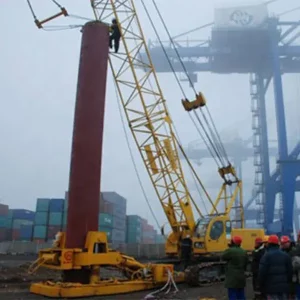
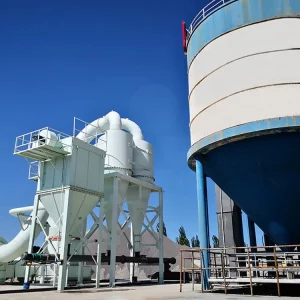
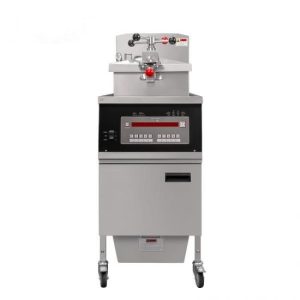
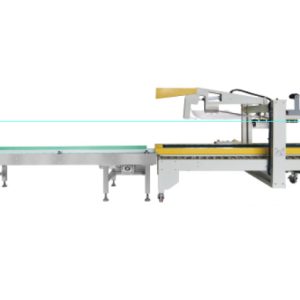

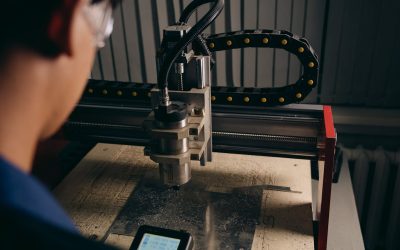


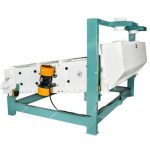




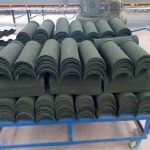
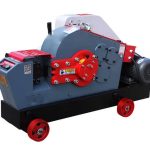
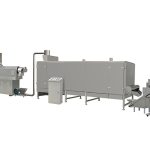
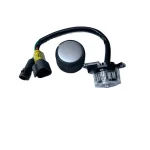
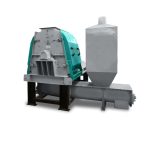
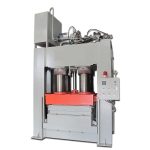
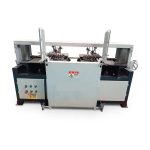
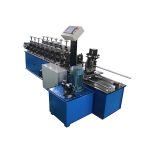

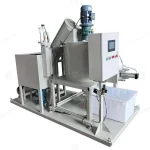
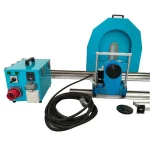
0 Comments